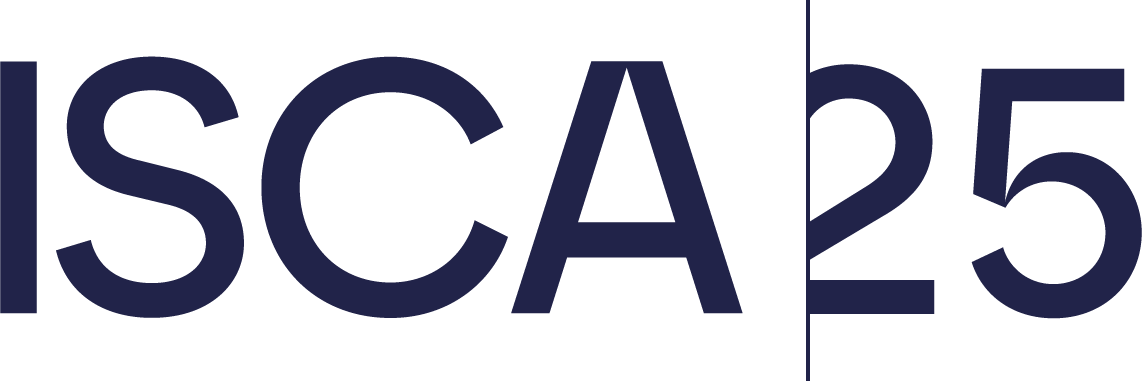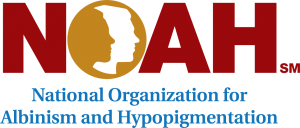The ISCA 2025 organizers would like to express their gratitude to the following organizations whose support has made the conference possible.
Financial Support
Vision For Tomorrow Foundation

The Vision for Tomorrow Foundation seeks to empower people with low vision to have the confidence and ability to achieve their dreams. We envision a world where vision problems may be cured – or even prevented. That is why funding research is at the heart of our foundation. Research makes it possible to better understand and more effectively treat ocular complications common in albinism and aniridia, two conditions causing low vision from birth. We also know that we are stronger together and offer support and information to families affected by albinism and aniridia.
More information at visionfortomorrow.org
IHU FOReSIGHT
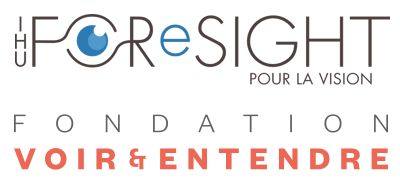
The IHU FOReSIGHT is a French University Hospital Institute located in Paris. It was established in 2019 by three founding members: Sorbonne University, Inserm and the 15-20 National Vision Hospital.
FOReSIGHT centers around the Institut de la Vision and the 15-20 National Vision Hospital Institute, and operates with support and coordination from the Fondation Voir et Entendre Foundation. This ecosystem is united around a common objective: to bring out the care of tomorrow in ophthalmology, by accelerating research and access to therapeutic innovations from the Institut de la Vision and its partners.
More information at https://www.institut-vision.org/en/ihu-foresight
Vision of Children Foundation

In 1989, doctors predicted a dim future for Sam and Vivian Hardage’s son, who was born with ocular albinism type 1 (OA1). Ophthalmologists told them that there was “no treatment,” “no cure” and “no hope.” At that time, very little was known about the disorder because few scientists were researching hereditary vision disorders.
So, in 1991, the San Diego couple established the Vision of Children Foundation (VOC) to encourage research and support projects focused on treating and eradicating genetic vision disorders.
Since that time the VOC has been a pioneering force in vision research, setting the stage for what we now know to be a solution to genetic vision disorders. From early science research to now, the Foundation has evolved into an organization driving science to the horizon of actually restoring vision to children who cannot see. Recent studies indicate that combining the power of gene therapy and stem cell therapy can create new pathways for exciting and unusual approaches for the prevention and treatment of blindness in a variety of ophthalmic disorders.
Additionally, the Foundation supports family members and children with hereditary blindness and fosters communication between researchers all over the world. The VOC has a family network that helps patients and families by providing support, visual aids, and helping find doctors all over the world. Through regular symposiums, the VOC brings researchers together to share and discuss their findings in a unique, collegial environment that fosters new ideas.
More information at www.visionofchildren.org/
HPS Network
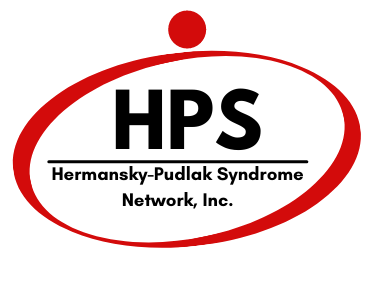
The Hermansky-Pudlak Syndrome Network Inc. is a not for profit support group founded in 1992 and incorporated in the USA in 1995.
The HPS Network’s mission is to provide education and vital support programs to individuals and families with Hermansky-Pudlak syndrome while striving for improved care and innovative research on their journey to cure.
To achieve this goal, the HPS Network gathers and disseminates information to both families and professionals, promotes awareness, funds research, and provides support to our members. The HPS Network maintains a contact and symptom registry to assist with networking individuals and clinicians, as well as recruiting for research trials.
Most of all, the HPS Network provides comfort and fellowship and a credible place to turn for information about Hermansky-Pudlak Syndrome for those people feeling the isolation of such a rare disease.
More information at www.hpsnetwork.org
GlobalSkin
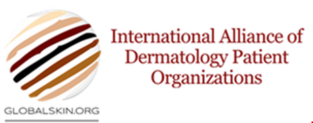
The International Alliance of Dermatology Patient Organizations (also known as GlobalSkin) is a unique global alliance, committed to improving the lives of patients worldwide. We nurture relationships with members, partners and all involved in healthcare – building dialogue with decision-makers around the globe to promote patient-centric healthcare. GlobalSkin’s work is founded on three pillars: research, advocacy and support.
More information at www.globalskin.org
Partner Organization
ERN Skin

The ERN Skin (European Reference Network on Rare and Complex Skin Diseases) is a collaborative network established under the European Union’s ERN initiative. It brings together healthcare providers, specialists, researchers, and patient organizations across Europe to address rare and complex skin disorders. ERN Skin focuses on improving the diagnosis, treatment, and care of patients with these conditions by facilitating knowledge sharing, research collaboration, and the development of guidelines.
Key Features of ERN Skin:
- Focus Areas: It targets rare dermatological conditions such as genodermatoses (inherited skin disorders), autoimmune skin diseases, and other rare or complex conditions requiring specialized care.
- Collaboration: Members include multidisciplinary teams from healthcare centers across Europe, ensuring a wide range of expertise.
- Patient-Centric Approach: ERN Skin involves patient advocacy groups in its activities, ensuring the network’s work aligns with patient needs.
- Technology Use: The network uses digital tools like the Clinical Patient Management System (CPMS) to facilitate virtual case discussions and diagnosis discussion among experts.
- Goals: It aims to harmonize care, reduce disparities, and improve outcomes for patients with rare and complex skin diseases in Europe.
It is part of the broader European Reference Network initiative (of 24 ERN), which focuses on rare and complex diseases that require specialized knowledge and treatment.
More information at https://ern-skin.eu/
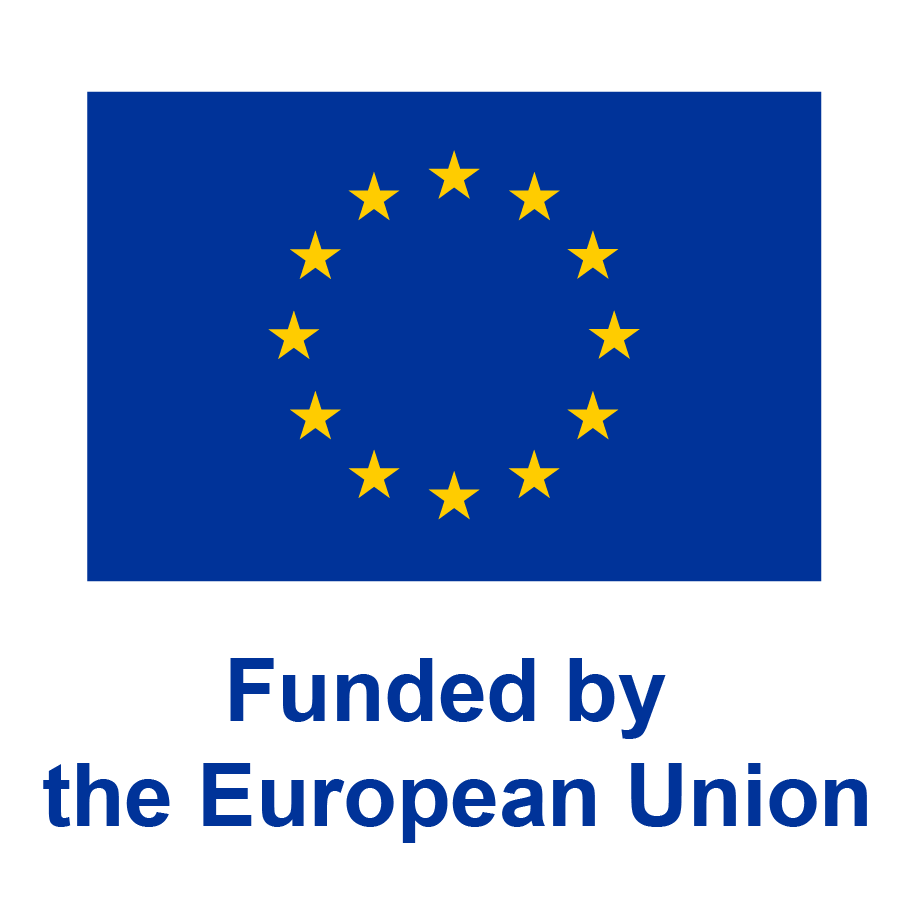
Organizational Support
Genespoir

Genespoir was created in 1995 in Rennes, France. It is the main association of persons with albinism in France, with over 350 members: adults and children with albinism, parents and relatives of children with albinism, friends and acquaintances. Several of these members live outside France, in the francophone regions of Belgium and Switzerland, as well as in Luxembourg.
Genespoir informs the families as well as the general public and the medical professionals about albinism and its consequences: diagnosis, skin protection, visual aids, social, scholar and professional inclusion. The association provides families with psychological support and informs people with albinism about their rights.
Genespoir actively promotes scientific research on albinism. It receives grants, collects donations from individuals and organizes fundraising events in order to provide financial support to research programs.
Genespoir acts so the French public health care system takes charge of treatments. Likewise, it represents and defends the interests of every person with albinism and devotes significant attention to breaking the isolation barrier of people with albinism thanks to the organization of virtual or in-person gatherings.
More information at www.genespoir.org
NOAH
Founded in 1982, NOAH serves the albinism community by providing information and support, acting as a conduit for accurate and authoritative information about all aspects of living with albinism. NOAH provides a place where people with albinism and their families in the U.S. and Canada can find acceptance, support, and fellowship.
NOAH envisions a world where people with albinism are empowered to be fully functioning members of society, where barriers and the stigma of difference no longer exist, and where people with albinism have a quality of life that is rewarding, dignified, and fulfilling. NOAH is a not-for-profit organization with 501(c)3 tax-exempt status operated by a small paid staff and many volunteers. It is funded primarily by member contributions.
More information at www.albinism.org
